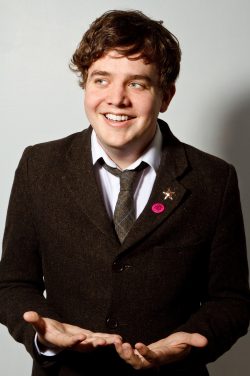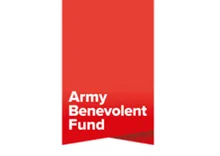Aurora New Dawn are currently working with police to explore how information sharing about extremely dangerous perpetrators could protect the public, as well as protecting victims of domestic and sexual violence.
Two cases have hit the headlines in recent years where the behaviour of the perpetrator in his relationships provided key indicators of the high level of danger these men posed – not just to individual intimate partners, but to the wider public.
Levi Bellfield was tried and convicted for the murder of Millie Dowler whilst already serving his sentence for the murders of Amelie Delagrange in 2004, Marsha McDonnell in 2003 and the attempted murder of Kate Sheedy in 2004.
A number of Levi’s ex-girlfriends described a similar pattern of behaviour by Levi. While charming and affectionate at the start of the relationship, a typical pattern of domestic abuse emerged within weeks. Bellfield was a known domestic violence perpetrator: he would isolate his partners, preventing contact with friends and family and even requiring them to seek his permission to go out.
During their relationship, Bellfield told one former partner that he had thoughts of hurting women.
One of Bellfield’s ex-girlfriends came forward after the murder of Amelie and identified him as a potential suspect. His name was added to the 129 names on the ‘Ex-girlfriends’ list.
Peter Tobin was convicted in 2007 for the murder of Angelika Kluk, with further murder convictions following in 2008 and 2009 for the murders of Vicky Hamilton and Dinah McNichol. He was also convicted of child abuse, although the full extent of his crimes remains unknown and is the subject of an ongoing police operation.
Tobin’s relationship history was one of extreme abuse, characterised by strangulation, sexual violence and ‘house arrests’, as well as physical assault. In one particularly brutal incident, his partner was assaulted so badly she bled through the ceiling.
Aurora’s Operations Manager, Zoe, said “What intelligence could we have had about these individuals if we were looking at their behaviour in their relationships?”
One of the key problems here is the silencing of victims and the consistent issue of not believing allegations of abuse or violence – an issue that has shaped a number of key campaigns this year, including MumsNet’s WeBelieveYou and the hashtag in solidarity with the victim of footballer Ched Evans, #WeBelieveHer.
“The victim’s perception of abusive behaviour is one of the most accurate ways we have of measuring risk,” said Zoe.
“In cases where victims have been murdered by their partners, we look back and see that she was consistently saying she was extremely afraid and believed he was going to kill her.”
Not all perpetrators will pose a public risk, Zoe makes clear.
“Most perpetrators are not a danger to anyone else other than people they are in a relationship with. However, with some cases, their abusive behaviour in the home tells us about a wider risk and the risk assessments we undertake with victims can provide information that could be used for public protection and even crime prevention.”
Aurora are currently working with a range of partner organisations, including the police, to explore how the information victims and survivors share with our staff – particularly in relation to sexual violence – might be shared with public agencies to make better links around public protection.
“Victims’ perceptions must be taken seriously,” said Zoe.
“Think about it. A victim knows her partner and she knows their behaviour – more so than anybody else.”
This article is based on a presentation given by Zoe, our Operations Manager to a number of 2nd year Criminology students from the University of Portsmouth recently.
The presentation draws on Criminal Behavioural Analyst Laura Richards’ DASH Risk Assessment Masterclass, which examines the process of risk assessment in domestic abuse cases and explores the relationship between domestic abuse and wider public protection issues. Both Zoe and Aurora’s Chief Exec Shonagh are accredited by Laura Richards to deliver the Masterclass.
If you would like more information on booking a speaker from Aurora New Dawn, or want to find out more about the DASH Masterclass Training, please contact us on 023 9247 9254.








